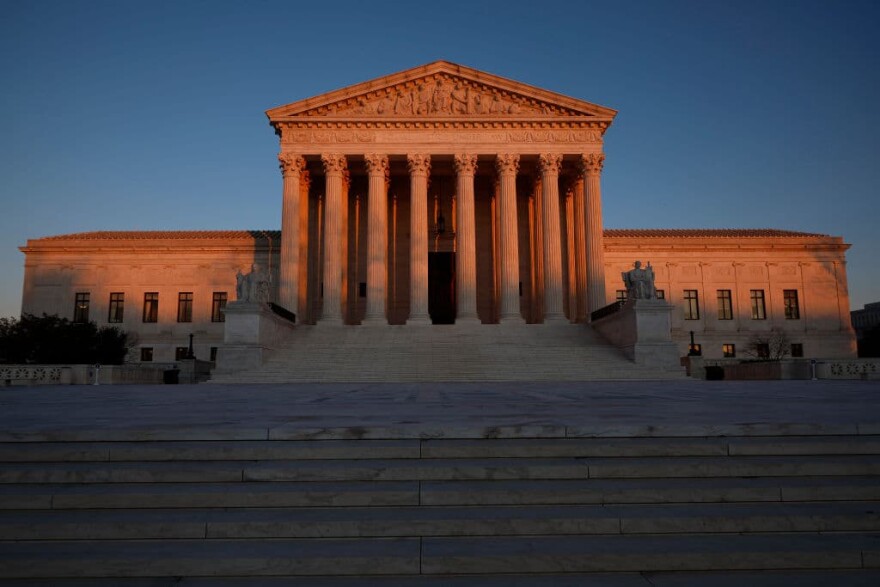Editor’s note: This segment was originally broadcast on July 4, 2022. Find that audio here.
Last month the Supreme Court handed down closely-watched rulings in several cases that included ending the constitutional right to an abortion, expanding the right to carry guns and limiting EPA powers to cut CO2 emissions.
All of these rulings were led by the conservative supermajority on the court, who were guided by the niche judicial philosophy known as “originalism.” What is this theory? Where does it come from? And what could this philosophy mean for the future of the United States of America?
Here & Now‘s Scott Tong talks with Noah Feldman, professor of Law at Harvard Law School.
This article was originally published on WBUR.org.
Copyright 2022 NPR. To see more, visit https://www.npr.org.


